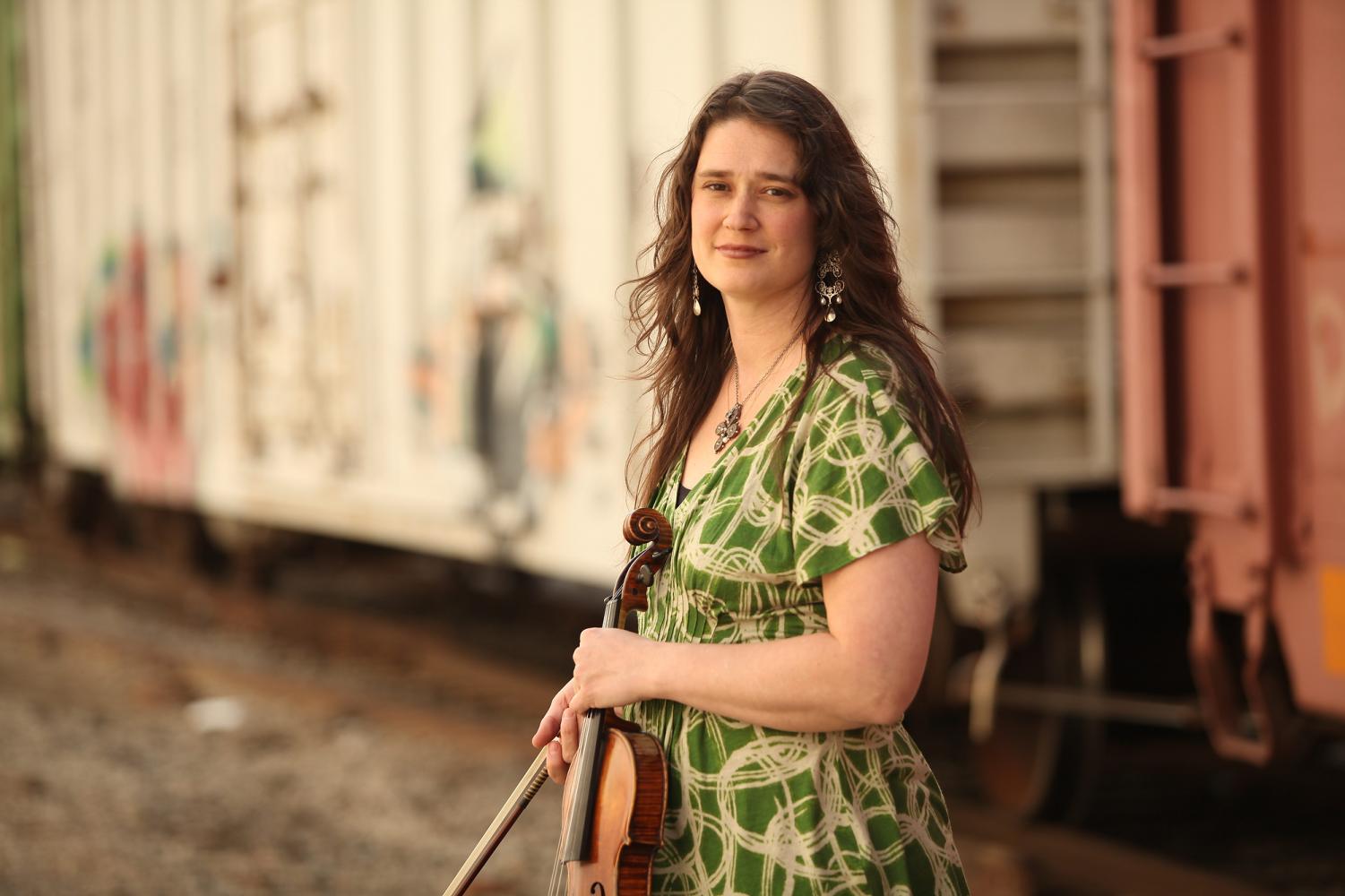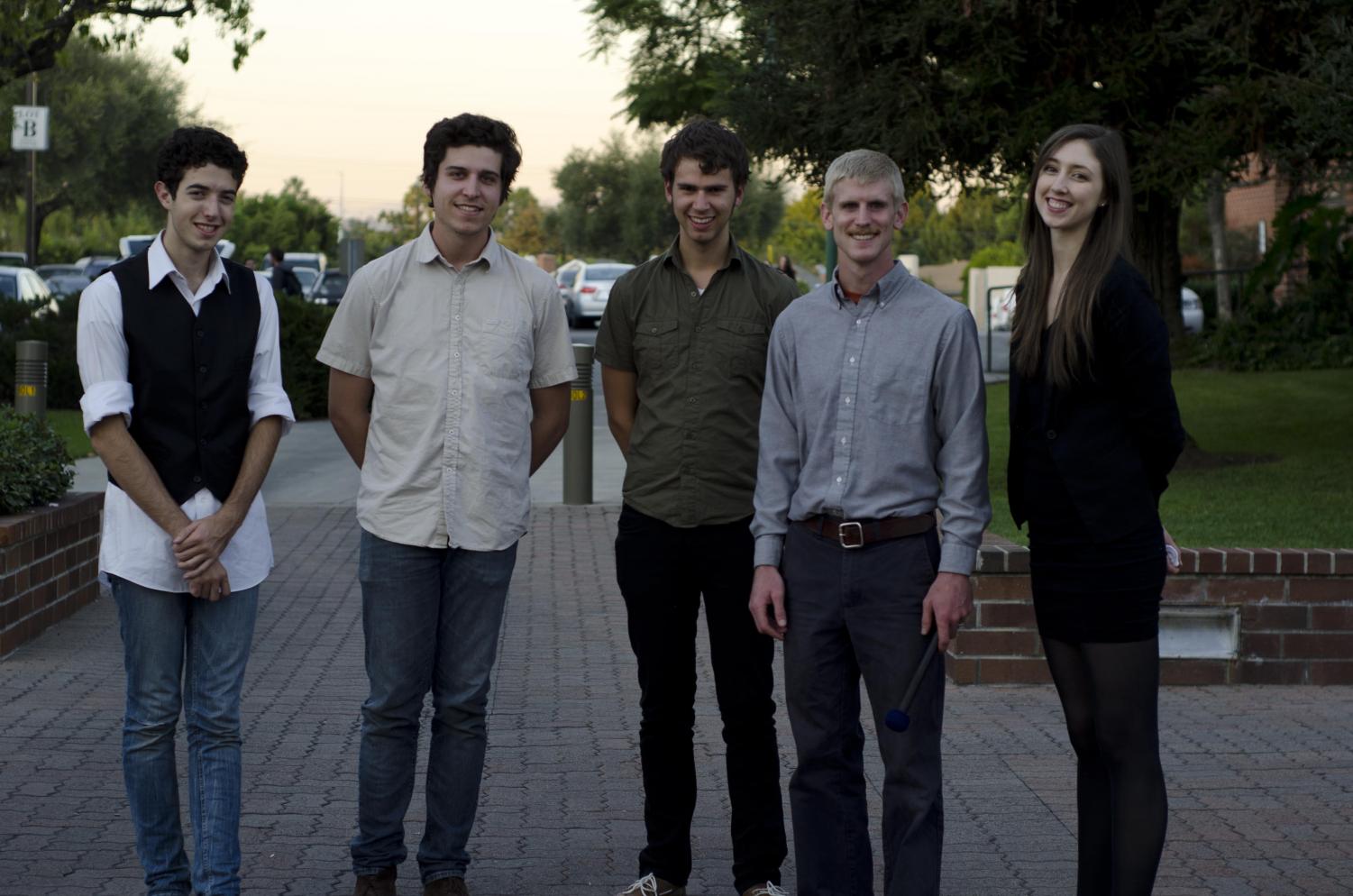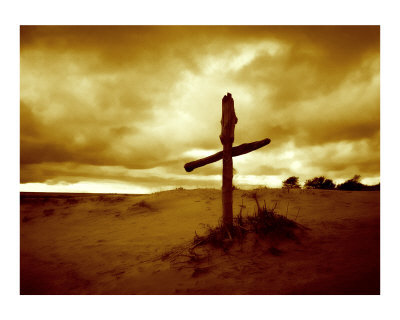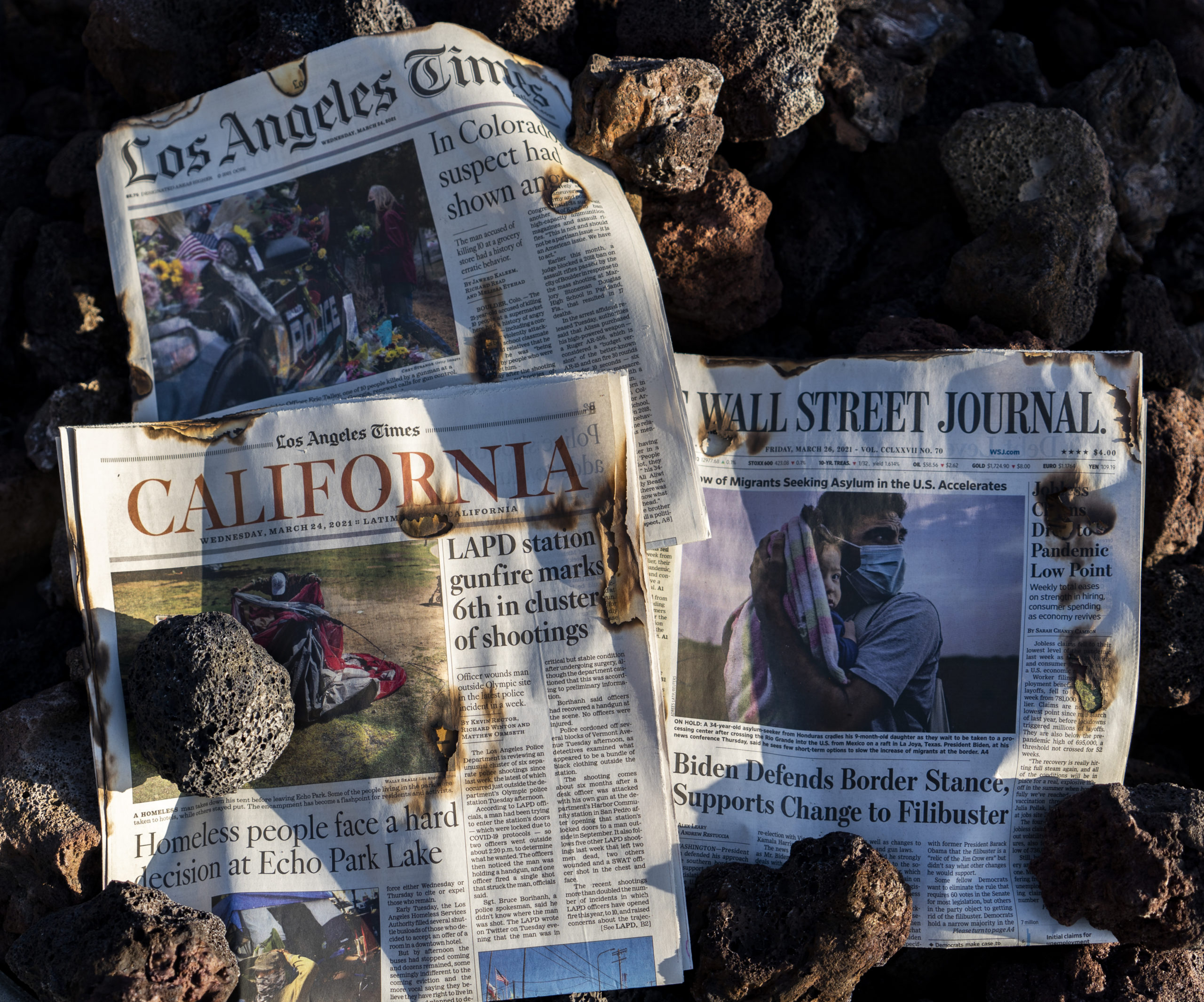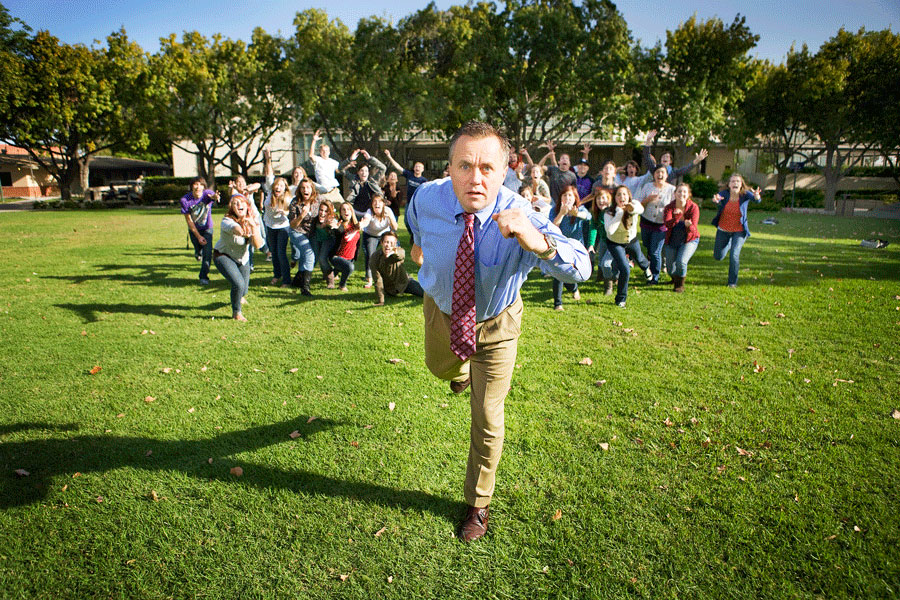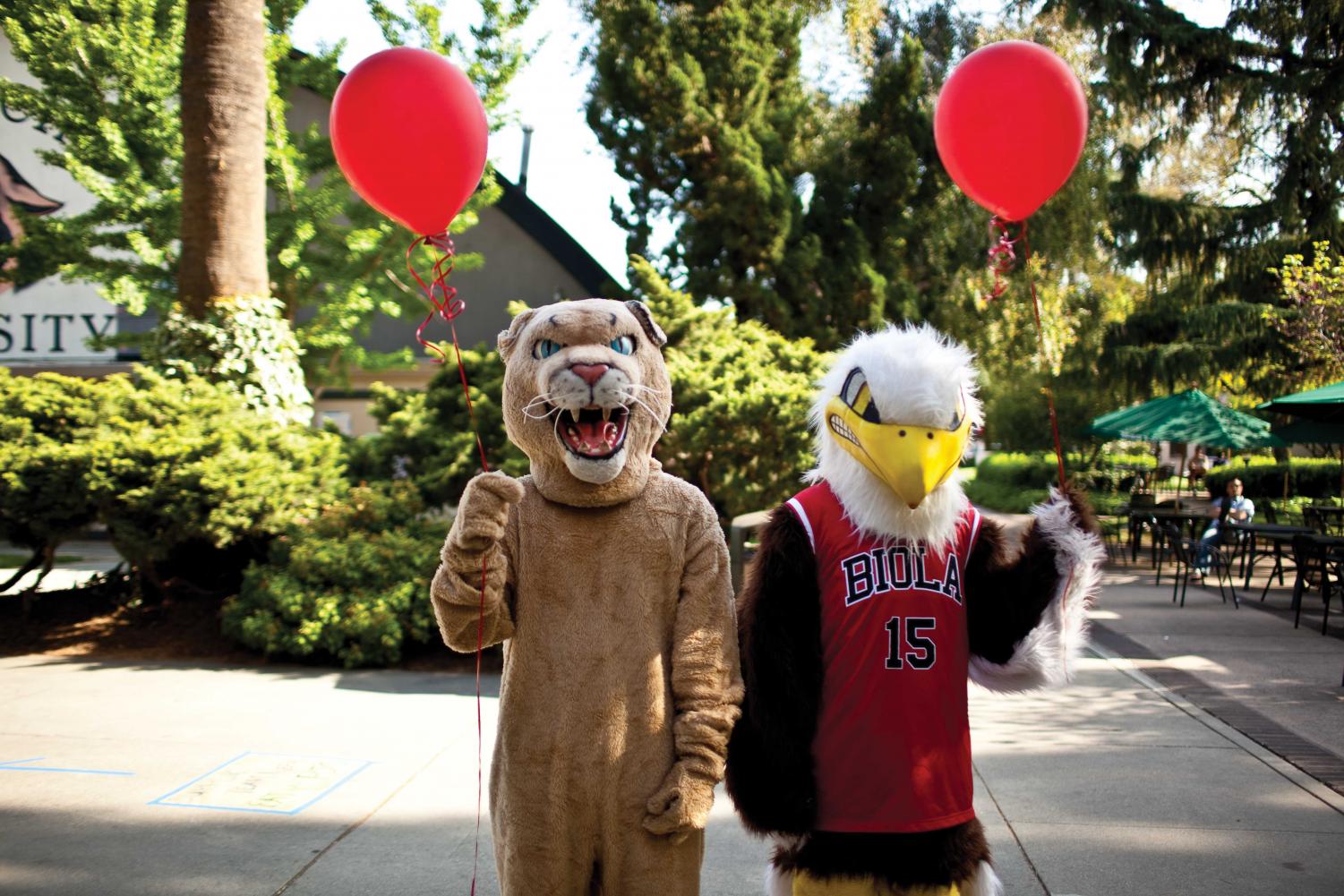Written by Michelle Hong
Although teachers are often defined by their occupations, what truly individualizes them are their quirks and their unique pasts. Professors, like anyone in the workforce, have lives and interests beyond what their jobs demand of them.
For some Biola professors, this outside interest lies in the realm of music — an art they have pursued in a variety of ways.
Elizabeth Larson: Concert Violinist, Music Professor
Elizabeth Larson began playing the violin at age 3, made her debut at age 6, toured with the Boston Pops at age 11, joined an international chamber ensemble at age 26 and founded The Geneva Conservatory of Music, in New York City, at age 31. Her solo tours have taken her across the globe to perform in North America, Asia, Europe and Africa.
Larson, who is the violin and chamber music coordinator at Biola’s Conservatory of Music, has performed in some of the world’s most prestigious venues, including Carnegie Hall in New York City and Victoria Hall in Geneva, Switzerland. After earning her undergraduate degree at Indiana University, she went on to obtain a performance degree from the Guildhall School of Music in London and her master’s from Yale University. Larson brings this wealth of expertise, and passion for music, into Biola’s own Crowell Hall, where she continues to make an impact on the world of music.
Q: What kind of opportunities led you to travel to four different continents?
A: Definitely my parents. It’s not like they were stage parents who pushed me into music because they wanted me to be a musician; they just really saw that God had given me a gift, and they had wanted to foster that. So I’m really grateful for that because I think it’s not all the time that musicians get moral support from their families to make a living. I just picked up and moved to Switzerland for five years, and they just said, “We know this is the right place for you to go.”
Q: You’re teaching at Biola, but you have so many ties to the East Coast: performances, family, The Geneva Conservatory of Music. How do you balance all these different aspects of your life?
A: You just make it work with a lot of trips on Jet Blue. There are sacrifices to it because a lot of the time I could be investing in relationships, [but] here I am in the air and sort of keeping up ties there, so I’m finding the balance of that. I still travel a lot, back to the East Coast, because most of my performances are on the East Coast and most of my teaching is on the West Coast. So that’s kind of how it works, but I’m mostly really happy keeping connections with both.
Q: What was your vision behind The Geneva Conservatory of Music?
A: My vision was to start, in the city of New York, a school where faith was integral to music in children’s lives. We were associated with a private Christian classical school called Geneva School. They said they’ve been wanting to start a fine arts program so I was just given free rein to do that, and nine years later we’re still going strong.
Q: I know everything is up in the air regarding the future, but what do you think it holds?
A: If there is one thing that I learned it is that God certainly has full control over where I am and when. And I can truly trust that because I learned that taking this leap.
Stewart Oleson: Journalism Professor and Beatle’s Fan
Stewart Oleson’s motto is simple: “Don’t dream it, do it.” His eclectic passions for music, television, comedy and academics have driven him to pursue a wide array of occupations and odd jobs, and he believes all of these are integral to his identity. He has done stints as a TV travel host, stand-up comedian, trial lawyer, prosecuting attorney and member of two bands.
Influenced by the 1960s — the pinnacle of the rock ‘n’ roll era — Oleson started his first band, The Electric Plague, at the age of 9. Later on, in 1999, he became the drummer for The GearHedz. Throughout his life, he has traveled across the country, but there is one thing he has never left behind: his classic, smoke pearl gray Rodger’s drum set.
Q: What band was the most prominent influence in your life?
A: Beatles. [It was] February 1964, there they were on Ed Sullivan, and I’m sitting there watching with my mom and dad. I was 9 years old, and they came on the show and oh, wow, everything changed. It was just so dramatic, that moment. [The GearHedz’s] claim to fame was we could play the second side of Abbey Road by the Beatles flawlessly, which was really hard to do. We played a lot of Stones, a lot of Beatles, the Who, Pinball, Wizard, Tommy, Spirit, a little bit of Grateful Dead, but basically it’s rock ‘n’ roll and a lot of British invasion.
Q: The Beatles obviously played a prominent role — if not the biggest — in your life. How did this period influence your interests in music?
A: I like to tell my students that I grew up at exactly the right time for who I am. I love that. I love that I grew up in the ‘60s when every new band that came along was introducing new music and of course back then a lot was going on in the world that music tied into. So it really meant something to the generation I was in and people around me, which was neat because it wasn’t just ‘stuff.’ It had a connection to us.
Q: What was your favorite memory with your first band?
A: There was a battle of the bands in junior high school, and we learned ‘Fire’ by Jimi Hendrix, and there’s a drum solo in there that I love to this day. I remember playing that on stage, and in that moment, the whole place was kind of alive. And then the other would be on the riverboat just because it was so much fun. [My parents] would come down there and help me with the drums and the equipment, and then they would go on the upper deck and enjoy the river-cruise up and down the Mississippi. Those were fun times, and I really fondly remember the whole band being together and everybody having a great time out on the river.
Q: So rock ‘n’ roll was your niche?
A: Yeah. There was a certain songwriting style at the time that had a heady feel to it all because it was taken from beat bop, which was the ’50s, to now some serious craft, some serious art. When Sgt. Pepper came out, wow, [The Beatles] had now taken rock ‘n’ roll and made it into an art form, and that’s why it became so interesting to me.
